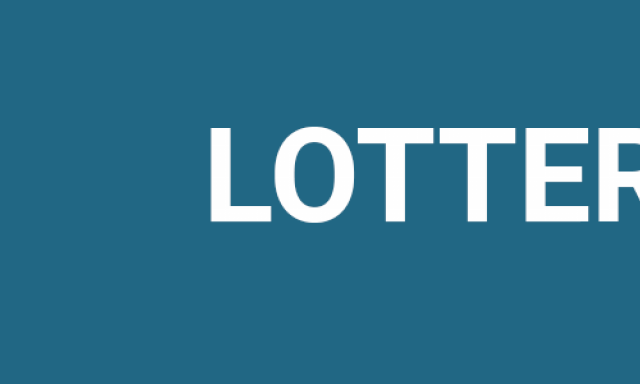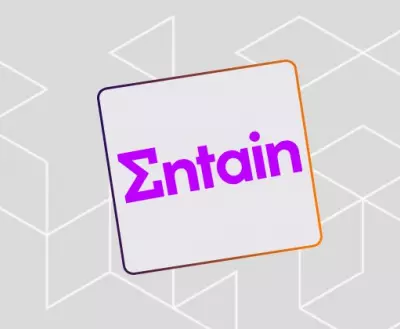Since the National Lottery launched in the UK in 1994, it has grown to become something of a national institution. Millions are distributed to good causes every year from lottery revenues, in addition to the countless newly-minted millionaires who saw their numbers come up.
Now operator Camelot has the opportunity to roll out their model in Illinois, after being awarded the lucrative $2.2 billion management contract for the next 10 years.
The National Lottery operators was the only bidder for the contract to run the troubled lottery, which has been beset with difficulties under its previous operators, Northstar. The contract will now be run by Camelot Illinois, a subsidiary of the larger Camelot Global, which will operate from offices established in Illinois in the run-up to the bid.
Northstar’s 10 year operator’s contract was terminated early back in 2014, after persistent failure to meet revenue targets. However, no replacement had been found until now, and the company, a joint venture between IGT and Scientific Games Corporation, has continued to administer the lottery in the interim. In the process, they have continued to be paid management fees and ‘disentanglement fees’ worth around $31 million per year.
Northstar’s troubles extended beyond weak revenues, however, and suggestions of foul play were levied at the company when scratch ticket games were cancelled before any of the major prizes had been potentially won.
In another high profile incident, a lack of agreement in the 2015 budget led to IOUs being issued to winners in place of cash payments, generating a good deal of ill feeling and bad publicity for the lottery.
The controversy surrounding their operation of the Illinois lottery, coupled with the failure to meet their own envisaged revenue targets led to the early revocation of the license, which has in turn cleared the way for Camelot to take over the reins.
While Northstar clearly experienced some internal difficulties and alleged failings in their administration of the lottery, the Illinois authorities have found it problematic to source an alternative. In the tender process, Camelot was the only party bidding for the contract, on what has become regarded in some circles as a now-toxic lottery brand.
However, their job will be far from an easy task, with the reputation of the Illinois lottery already impacted by allegations surrounding the previous contract holders. According to the terms of the contract, Camelot now has the next 10 years to turn its fortunes around, and to build on their success with other lottery products elsewhere.
As part of the new deal, Camelot has agreed to greater levels of transparency and more frequent audits with local authorities, suggesting the Illinois lottery intends to keep a tighter grasp on the day to day affairs.
If the UK model is anything to go by, Camelot should be in a good position to address these challenges, and to develop a lottery product that is more appealing and perceived as more trustworthy than its predecessor. While the company must be mindful of hitting the revenue targets missed by the previous contract holder, there’s also the bigger issue of rebuilding trust to contend with.
Only time will tell whether Camelot are able to reverse the negative perceptions that have befallen the Illinois lottery. As their new mission begins in earnest, all eyes in Illinois will turn to the operation of the contract, and to whether Camelot can breathe a new lease of life into the flagging lottery brand.








